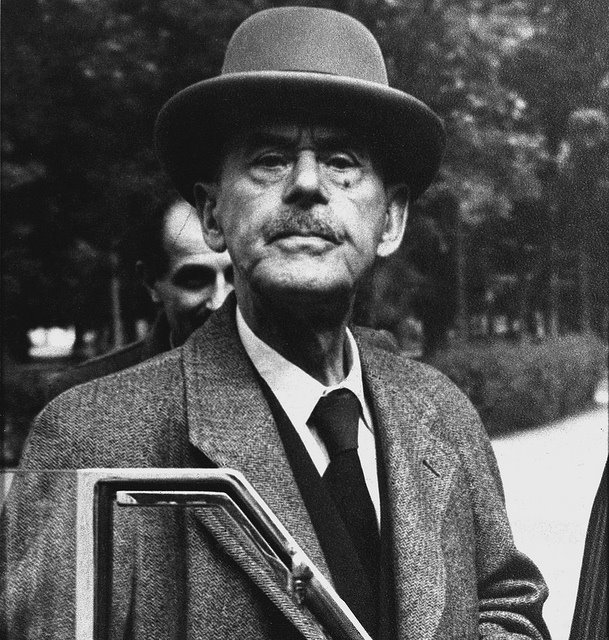
Consequently, it comes as no surprise that Roth’s latest work, “The Humbling,” also features an artist protagonist. What is surprising is the newfound sense of bleakness that fills this all-too-brief novel. One thing readers can be assured of is this 77-year-old author hasn’t lost his edge.
We follow the decline of 65-year-old actor of stage and screen Simon Axler. Rather, we would be following his decline, if the novel didn’t already begin with him seemingly having hit bottom. Having acted from a very young age, he is startled one day to find that he has apparently lost his talents, and is unable to honestly deliver a single line on the stage. He breaks down, and admits himself to a psychiatric hospital for one month’s time. Upon his exit, he finds himself abandoned by his friends, family and colleagues. After a year of solitude, Simon finds himself in a sexual relationship with 40-year-old Pegeen Stapleford, the daughter of two of his longtime colleagues and friends.
It is here that the real meat of the novel lies. The sexual subjugation and degradation experienced by Simon in this relationship seemingly gives the novel its title. Pegeen, upon being left by her lesbian lover of six years, is distraught enough to “try men.” The sexual power games and emotional traumas inflicted by these characters on each other are both incredibly arousing and unsettling. Although the relationship at first seems to be the one element of Simon’s life that can lift him from his suicidal state of mind, it ends up being his undoing.
The issue of suicide is never far off in this text. When awfulness comes from both the outside and within, despair seems the only feasible reaction for Simon. With regard to his acting problems, the frustration he feels stems from the fear that “people would laugh because it was him.” Later, he lists off the many plays he has performed in which contained suicide. The torturous, but almost too readable passage takes up a solid two pages.
Although one could fault it for its relative humorlessness, “The Humbling” is a very important book for Philip Roth. Its dour mood reflects the world of an artist in decline. When a person’s one means of coping with the awfulness of reality is removed, what is left? For a time, maybe there is romance. But in the long run that may just be more acting for some. The fact that these incredibly vital issues are addressed with such intelligence and craft show that Philip Roth, far from declining, remains, in fact, one of the truly great American writers of our time.
Mark Schiffer can be reached at [email protected].












